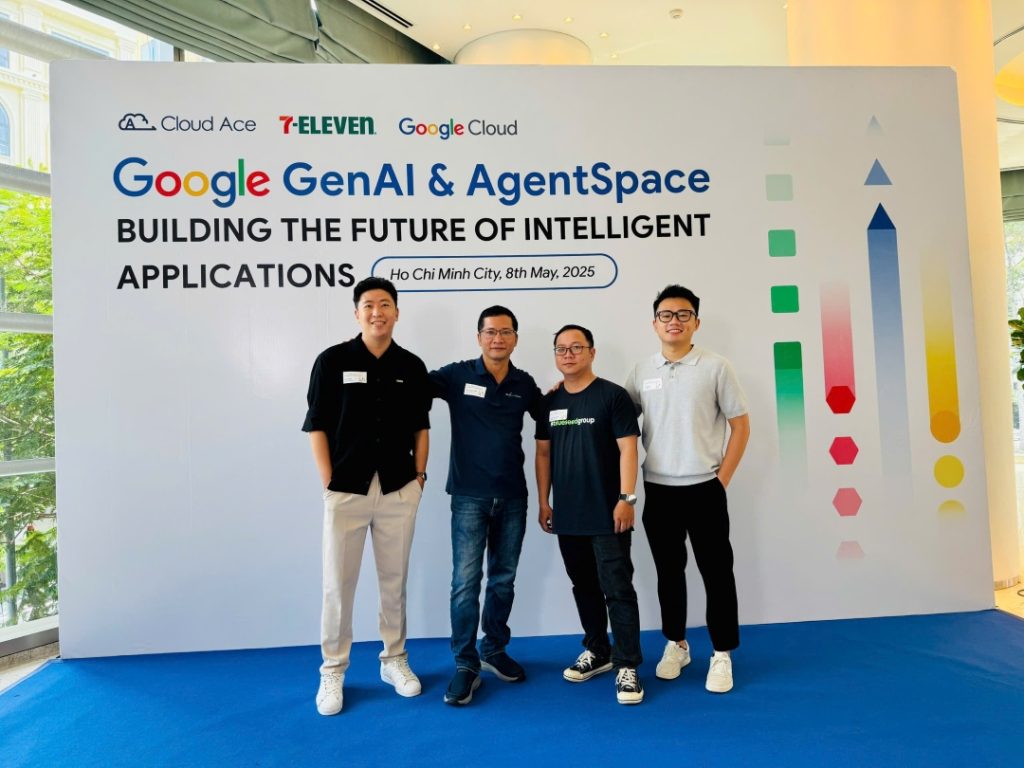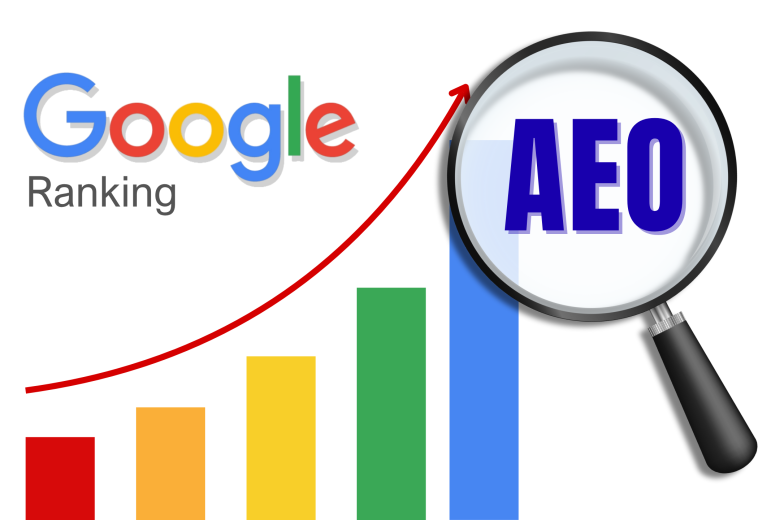In the era of rapid digital transformation, businesses no longer ask “whether to adopt technology,” but rather “which technologies to adopt for optimal efficiency.” Against this backdrop, AI Agents—intelligent artificial agents—have emerged as strategic tools to enhance productivity, reduce costs, and improve customer experience. This article explores what AI Agents are, how they operate, and why they are considered one of the most worthwhile technological investments of the digital age.
1. What is an AI Agent?
An AI Agent is a software system that employs artificial intelligence to perform specific tasks that traditionally required human intervention autonomously. Unlike conventional chatbots that operate based on predefined scripts, AI Agents are capable of perception, learning, decision-making, and real-time autonomous action.
Key Differentiators of AI Agents:
- High automation: Able to execute complex processes without human intervention.
- Continuous learning: Improves performance by leveraging new data.
- Goal-oriented reasoning: Constructs action plans to achieve predefined objectives.
- Natural interaction: Communicates with users via voice, text, or visual input.
2. Comparison between Traditional Chatbots and AI Agents
While both tools facilitate human-computer interaction, they differ significantly in terms of capabilities, flexibility, and degree of automation. The following table outlines their key distinctions:
| Criteria | Traditional Chatbots | AI Agents |
| Primary Purpose | Answering simple, frequently asked questions | Performing complex, multi-step tasks and automating processes |
| Operational Mechanism | Based on predefined scripts or fixed rules | Utilizes large language models (LLMs) to understand context and make decisions |
| Learning Capability | Limited; requires manual updates and keyword-based responses | Learns from data over time, understands context deeply, and provides appropriate responses |
| Automation Level | Low; human intervention is often required | High; capable of performing tasks autonomously |
| System Integration | Limited to basic systems | Easily integrates with diverse systems and tools via APIs |
| Common Applications | Basic customer support, answering FAQs | Business process management, data analytics, and strategic decision support |
| Deployment Cost | Low; easy to implement and maintain | Higher, requires investment in infrastructure and expertise |
| Deployment Time | Quick; often deployable in a few days | Longer, depending on task complexity and system integration |
| Scalability | Limited, not easily adaptable to new demands | Flexible, scalable to evolving business environments |
3. Benefits of AI Agents for Enterprises
- Process Automation – Cost Savings
AI Agents automate repetitive tasks such as customer inquiries, data entry, and order processing, thereby reducing operational costs and reallocating human resources to strategic functions. - Enhanced Customer Service
With 24/7 availability and the capacity to manage thousands of interactions simultaneously, AI Agents ensure superior service quality even during peak hours. Additionally, they leverage customer history to personalize interactions, increasing satisfaction and retention. - Smarter Decision-Making
AI Agents analyze big data to identify trends and make accurate forecasts, supporting swift and effective managerial decisions across functions from marketing to inventory management. - Improved Organizational Efficiency
Automated and optimized workflows significantly enhance overall productivity, allowing employees to focus more on innovation and strategic growth initiatives.
4. Practical Applications of AI Agents
- Customer Service
AI Agents operate across platforms such as Facebook, Zalo, websites, and email, handling inquiries and complex requests like order cancellations, exchanges, and policy clarifications. - Finance and Banking
They detect abnormal transactions, prevent fraud, and tailor credit packages based on individual profiles, enhancing operational effectiveness and brand credibility. - E-commerce
AI Agents recommend relevant products, manage orders, control inventory, and analyze shopping trends to optimize marketing campaigns. - – Manufacturing and Logistics
By forecasting demand, optimizing delivery schedules, and monitoring operations in real time, AI Agents minimize risks, delays, and inventory loss.

5. Why Vietnamese Enterprises Should Adopt AI Agents NOW?
- More affordable than before due to SaaS solutions and open-source AI platforms.
- Compatible with existing systems—AI Agents can be integrated into CRM or ERP software.
- Growing market demand—customers expect quick responses, personalized services, and seamless experiences.
- Long-term competitive advantage—early adopters gain clear benefits in speed and service quality.
6. Implementation Guide for AI Agents
- Assess the current state: Identify labor-intensive or delay-prone processes.
- Select a reputable partner: Choose an experienced provider with strong security and support.
- Start with a pilot: Test on a small customer group or specific process.
- Scale gradually: Expand implementation based on positive outcomes.
- Continuously measure and optimize: Use dashboards to monitor performance and iteratively improve.
Conclusion
As a company specializing in Digital Transformation and E-commerce, Blueseed understands that digitalization is no longer optional — it is essential. AI Agents are not just “technologies of the future,” but strategic enablers that help businesses streamline operations, personalize customer experiences, and scale sustainably. With intelligent learning capabilities, automation, and real-time responsiveness, AI Agents represent the next leap forward in building a modern digital operating model.
Start your journey with AI Agents today to stay ahead of the digital transformation wave and position your business as a market leader.
Are you ready to elevate your digital strategy with Blueseed’s AI Agent solutions?


![[RECAP] BLUESEED GROUP & OPTIMIND AI: A STRATEGIC ALLIANCE DEFINING THE FUTURE OF BRANDING IN THE AI ERA](https://blueseed.group/wp-content/uploads/2025/11/hello-758x520.png)














